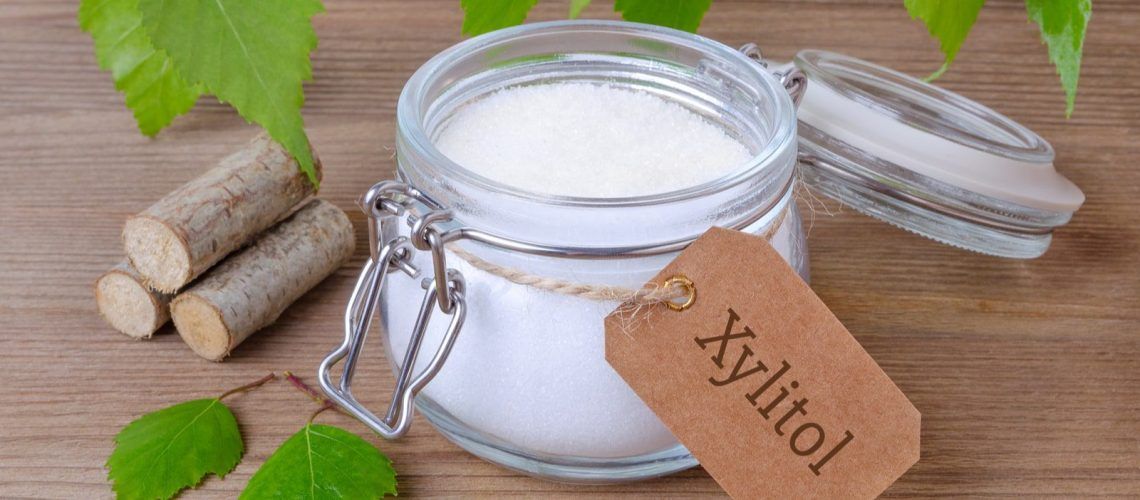We’ve heard a lot about sugar-free gum over the years. They’ve been touted as a great way to reduce hunger without empty calories. Dentists have also loved them as an effective way of protecting your teeth while still enjoying your chewing habit. We don’t think anyone could have anticipated finding out that there’s more to it than just avoiding the sugar. It turns out that the sweetener used in sugar-free gum has significant oral health benefits. Want to know more?
Understanding The Xylitol Chewing Gum Effect
Ok, it’s not an official or scientific title, but it’s what we’re calling it. There’s always been a place for chewing gum in the hearts of those trying to avoid snacking. It gives all the benefits of snacking without any high-calorie side effects. Before introducing sugar-free gum, it did come with the drawback of covering your teeth in sugar. Since artificial sweeteners, this has become less of a concern. Since the introduction of xylitol, it’s been a complete game-changer.
Chewing gum has always been suitable for pulling food debris between your teeth. It also encourages your glands to produce saliva. Saliva helps to wash away bacteria, food debris and generally keeps your mouth moist and fresh. Xylitol takes this to the next level. Xylitol actually reduces the number of bacteria that grow in the mouth. They simply cannot consume the sugar alcohol from which it’s made. Extended exposure to xylitol continues to reduce the number of bacteria found in the mouth.
The benefits of chewing xylitol gum include:
- Boosted Saliva Flow – Xylitol actively fights against the formation of cavities. It also stimulates saliva flow, aids in removing bad bacteria, and generally reduces the risk of cavities overall.
- Clean Your Teeth – Food debris is constantly being removed from your teeth when you chew gum. Xylitol aids in freshening your breath by killing bacteria that produce halitosis. It also brings a delicious flavor that makes it an enjoyable dental health aid.
It’s common for dental patients to state concern about the health risks of xylitol. The truth is, there aren’t any. There’s no health impact when chewing xylitol unless you happen to have a specific allergy. In some cases, certain chronic conditions will mean that it is inadvisable to consume sugar-free foods.
How The Body Processes Xylitol
The first thing to know about xylitol is that it is a naturally occurring sugar alcohol. Its anti-cariogenic (cavity-fighting) properties begin with fighting the bacteria that occur in your mouth. This happens due to these bacteria being incapable of consuming it and losing their ability to adhere to your teeth as a result. In most patients, the xylitol will enter their stomach and pass through their digestive tract without incident. In patients who are sensitive to sugar alcohols, the side effects can include bloating, gas, and other minor complaints. No serious side effects have yet to be recorded from consuming xylitol. Contact your dentist to learn more about the many benefits of chewing gum with xylitol.


